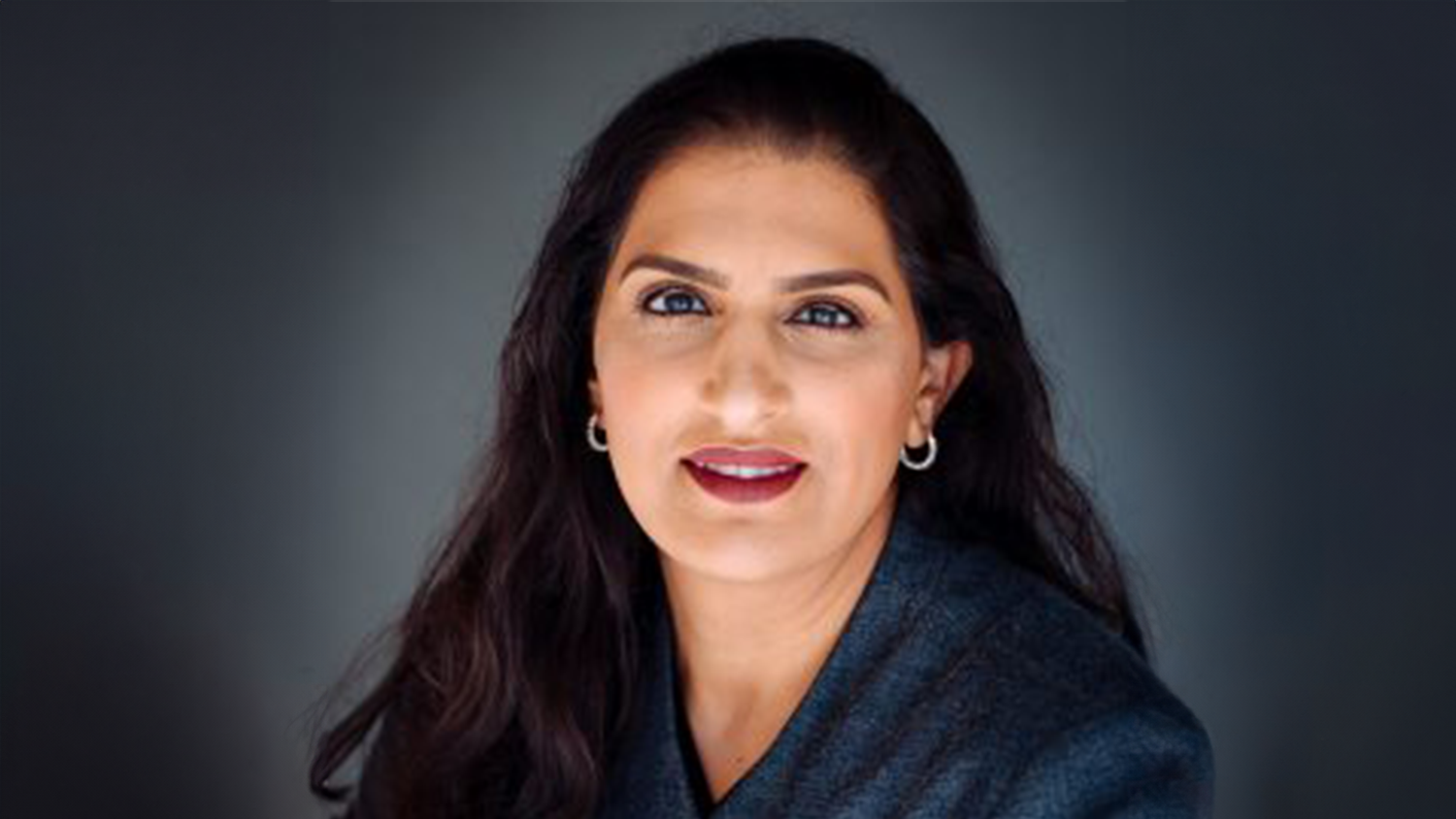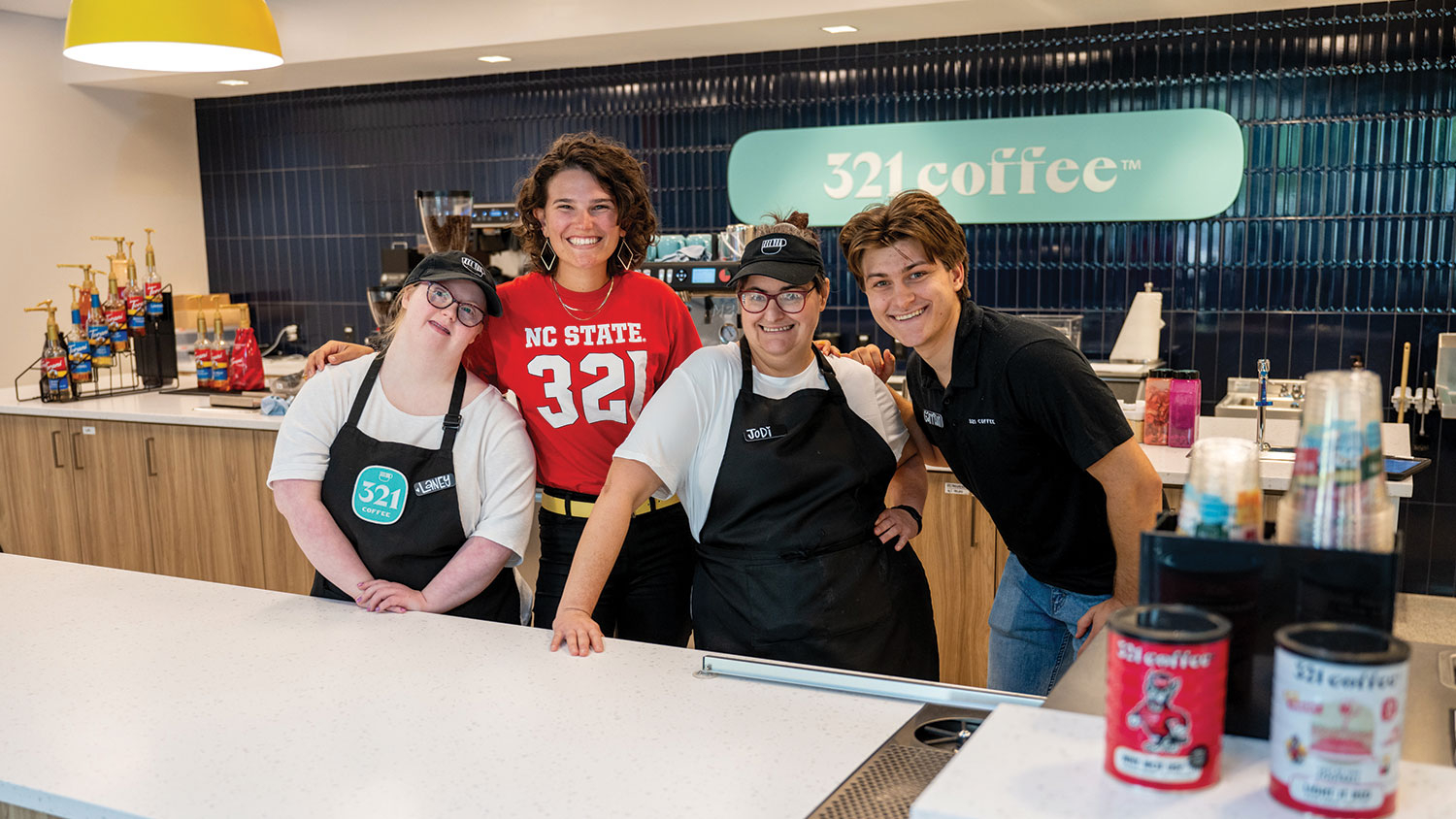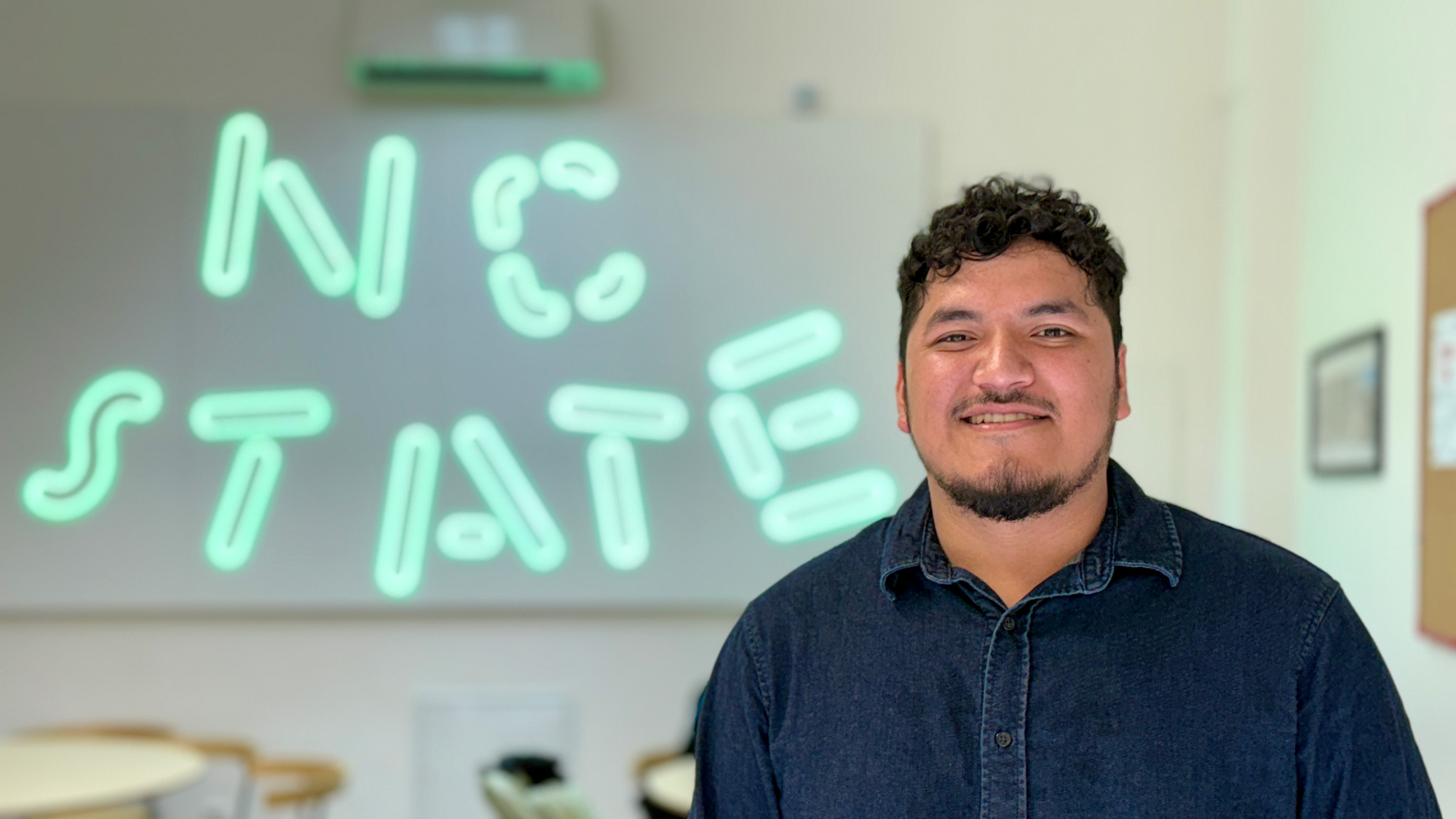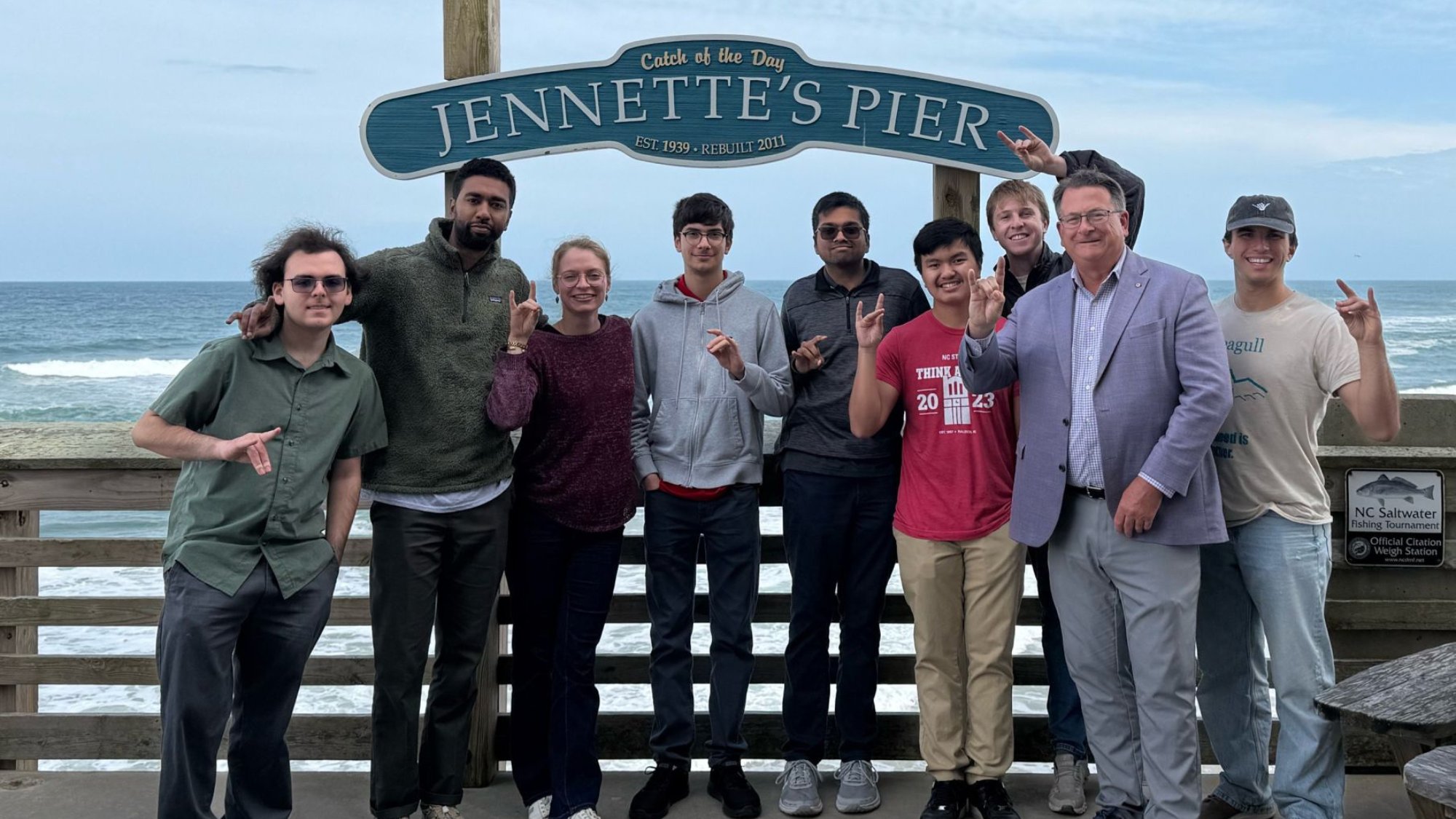Before Siobhan Pandya’s husband, Poole College alumnus Rupesh Kotiya, died in 2023, the couple established an endowment in his name to provide need-based scholarships for business undergraduates.
“He was an intense NC State fan. He wanted to do anything he could to support the university,” Pandya says of her husband, a 1998 graduate who had ALS, also called Lou Gehrig’s disease. “We wanted to make sure we gave back to the university.”
She’s still giving back — now as a new member of the Poole College Advisory Board. The board’s senior-level executives, entrepreneurs and other business leaders discuss relevant industry trends and emerging technologies with Poole officials.
“I realized I had a skill set that could support the university in a different way,” Pandya says. “Because my husband and I were huge proponents of education as being a great equalizer, I thought this would be a good way to support the university in a more hands-on way.”
Pandya, senior director of business assurance and excellence for Mary Kay Inc. and board member of the Association of Chartered Certified Accountants (ACCA), brings a deep reservoir of hands-on experiences to inform her tenure on Poole’s board.
She’s involved with setting the overall direction of ACCA, the world’s largest professional accounting organization, through regular approval of the strategy, engaging with members to promote the strategic direction, and providing an objective environment for the executive team to explore new ideas.
From that role, “I understand the importance of education and how the delivery of education is changing, partly from the impacts of AI and the coronavirus on the next generation. I also understand we have a gap right now between what the world needs and where many students are at when they graduate,” says Pandya, of Dallas.
She is especially interested in technology’s impact on learning, taking exams, and the skills students need when they graduate.
“We really need to make sure we’re offering the support students need, both from a technical skills and soft skills perspective, and ensure that we are all functioning successfully in this new world,” she says. Communication and analytical abilities are crucial.
For students to successfully operate in an emerging business ecosystem after they graduate, Pandya offers some guidance:
- “Listen and observe. Be a sponge, and take those first few years to learn as much as you can,” she says.
- Don’t wait too long for the perfect opportunity. “All experience is good experience,” she notes. “Even if it’s not a job you want ultimately, you’ll still learn something.”
- Be open to ongoing education and acquiring new skills to stay relevant in the workplace. “You really need to know how to bring value, to understand what you’re doing, why you’re doing it and the difference you can make. If you’re constantly bringing value, you can be an asset to any organization you go to,” she says.
Pandya plans to be an asset to Poole’s board by helping the college build on its strong foundation to enhance the education it delivers. That includes new industry partnerships that offer students real-world experience and highlight their skills to organizations.
From Pandya’s perspective, Poole is distinct from other business schools in a key way: its focus on a highly relevant education that students can leverage to better themselves, make an impact and improve their world.
“Poole’s forward-thinking approach, constant evolution and putting students at the heart of everything they do…show that it’s about students, not just about the finances and their reputation,” she says. “Through the passion of faculty, staff and alumni, everyone is honestly invested. It’s about making a difference in students’ lives and on the community.”



